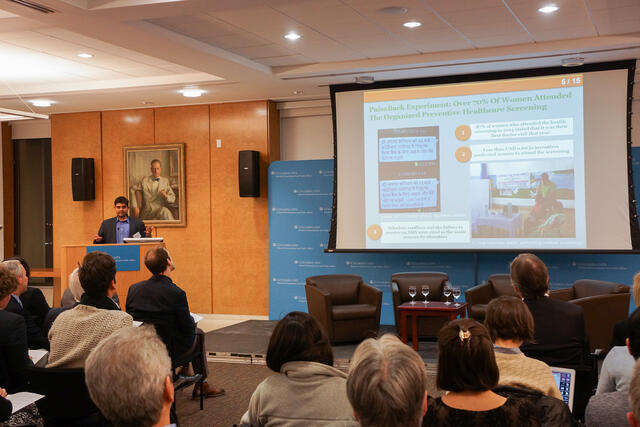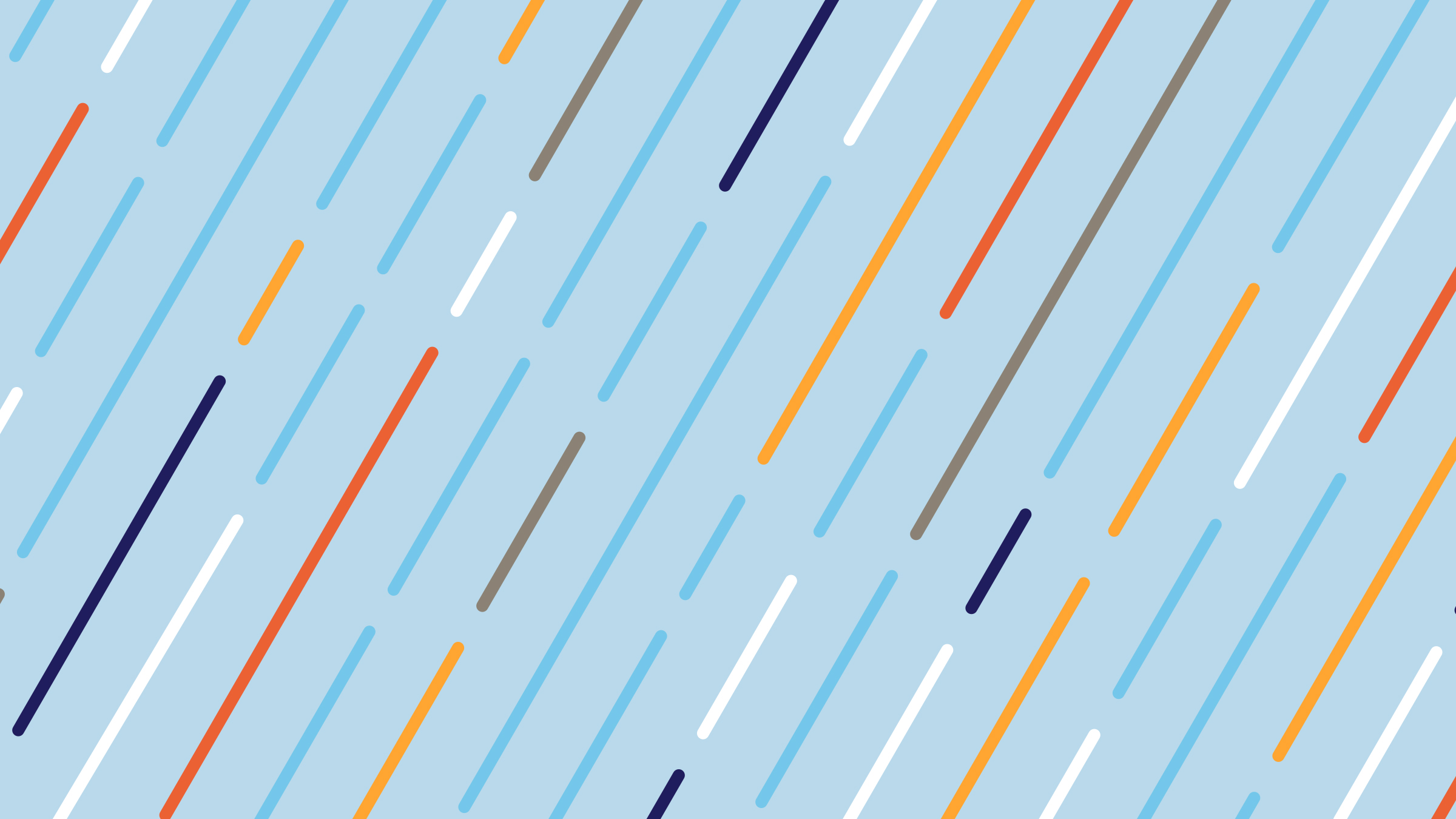
2014 Challenge Grant Awards
2014 Competition & Awards
In April 2014, eight semi-finalist teams were chosen in the first competition of the SIPA Dean’s Public Policy Challenge. Semifinalist teams participated in bootcamps including Prototyping, Financial Planning, Law and Startups and Effective Pitching. Teams were also provided support through General Assembly Courses, support funds and a team of Advisors. In October 2014, five finalist teams were selected to further refine and develop their projects. Winners of the first round of competition were announced in January 2015.
Winners
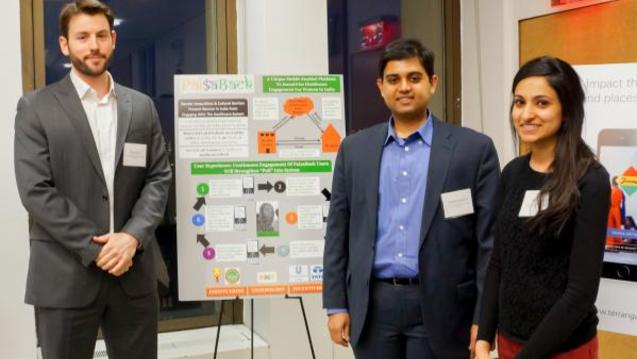
PaisaBack
PaisaBack is a unique mobile platform that drives healthcare-seeking behavior among women in India. Women earn digital points for seeking preventative care such as immunizations and anemia screening for themselves and their children. They can then exchange these points at participating retailers for mobile talk time and other products and services. PaisaBack will generate revenue by monetizing this exclusive group of technology empowered women and the network of retailers who accept digital points. Maternal and infant mortality rates are 2-4 times higher in India than in other developing countries. 75% of Indian women are malnourished. PaisaBack will help break this status quo.
2016 team update: PaisaBack, now e-SHE has reached their 1,000 client mark in Madhya Pradesh, India franchise and are in the process of opening new franchises. Read about their updates and learnings.
Students: Swami Ganesan and Jaivardhan Singh
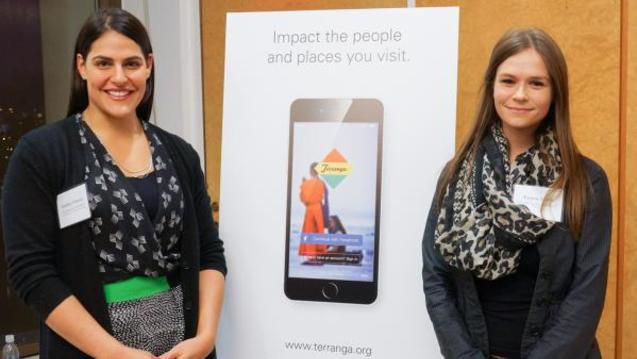
Terranga
Terranga is a mobile app connecting travelers seeking unique experiences to locals offering insights into their lives. With Terranga, you can see the cities you visit through a local's eyes: join a pickup soccer game, check out street food or go salsa dancing. But we’re much more than an app. Terranga believes in the power of tourism dollars. Instead of paying for a packaged tour, travelers have more meaningful experiences and can help fund locals’ dreams. We envision a world made better by travel and travel made more impactful by contributing to the lives of thousands of locals.
Students: Tammy Lewin and Lindsay Litowitz
Finalists
Finalists
-
Madad is a social business powered by an online platform that brings technology and a business mindset to the Egyptian civil society, providing strategic planning and most importantly accessibility of much needed information to all stakeholders. Through operating an end-to-end crowd-funding platform, Madad offers transparency and accountability within the entire civil society sector ultimately revolutionizing a traditional approach of short-term charitable giving to long-term strategic investments.
Students: Salma Amer and Sameh Hassan
-
Open Government Tool Kit aims to create a “tool kit” of best practices based on the experiences of New York City, Rio de Janeiro and Mumbai, three of the most dynamic centers for “Big Data” innovation in urban policies in the world. The “tool kit” would be a platform for the exchange of ideas, code, and tutorials for the development of collaborative, data-driven solutions for urban policies to be used by urban policymakers throughout the world. It would be open to the general public, thus allowing and incentivizing civic hacking and data journalism initiatives as well.
Students: Guilherme Almeida de Almeida, Clara Cezar de Andrade, Sena Samerah Filsoofi, Nora Shannon Johnson, Sharmishtha Maheshwari, Anca Matioc, Eva Pereira, Joel R. Putnam and Bruna Santos
-
ShaadiKarma mission is to fill people, not landfills. We connect surplus food with people who need it the most and enable repurposing of food waste, thus reducing environmental and health hazards. India has over 200 million acutely malnourished people but $7 billion worth of food is wasted annually. Bangalore, alone wastes over 943 tons of wedding food every year that can serve 26 million nutritious meals. ShaadiKarma is developing a web, SMS and voice based low-cost system to create and connect a network of food donors, transporters and receivers. Through a seamless process, ShaadiKarma empowers wedding couples, caterers, event organizers and transporters to become agents of change in their communities.
Students: Anahita Arora, Sriram Gutta, Rachana Kumar, Linda Theander-Adam and Leah Verghese
Semifinalists
Semifinalists
-
Higher Education Affordability proposes a cost-comparison tool for colleges. Imagine a Kayak or Orbitz for higher education, with personalized information on the best value for consumers based on individual financial and academic profiles.
Students: Eva Pereira, Nalika Vasudevan, Justin Barbaro, Dina Ufberg.
-
Together seeks to develop an app that creates incentives for parents, teachers, and school leadership to increase collaboration in order to improve student reading outcomes in Grades K to 4.
Students: Harpreet Gill, Chengke Xia
-
UHRS ("Yours") Urban Health Repository System envisions a process for changing how society approaches environmental health outcomes, specifically asthma, by aggregating and making searchable existing sources of public data and working with public health and advocacy groups to develop new programs to improve health outcomes.
Students: Lori Hoepner, Hyunjin Kim, Madeeha Merchant, Gordon Ng, Christ Stoafer, Zhe Wen, Kiyeon Yoon, Min Zhou
Photo Gallery
Photo Gallery
-
Image
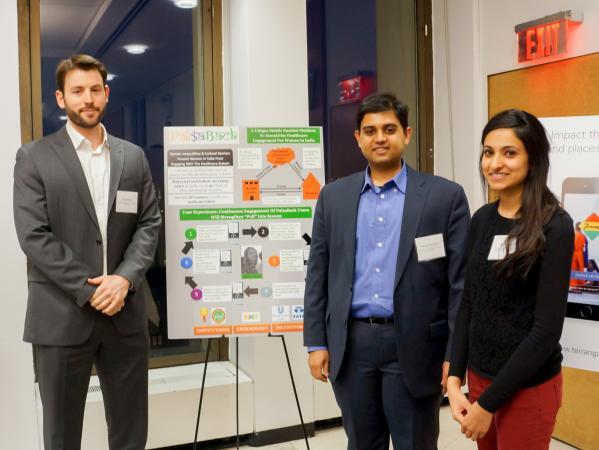
-
Image
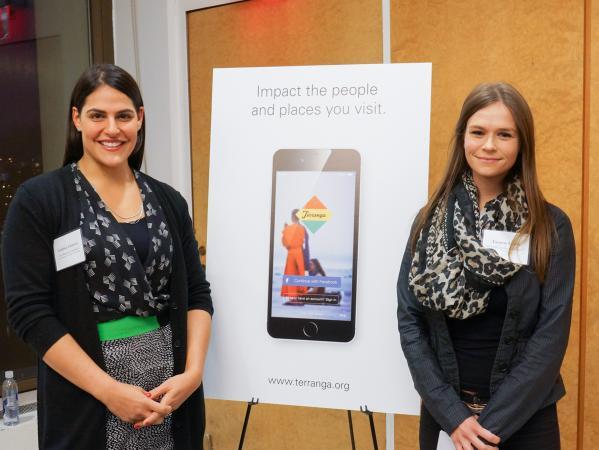
-
Image
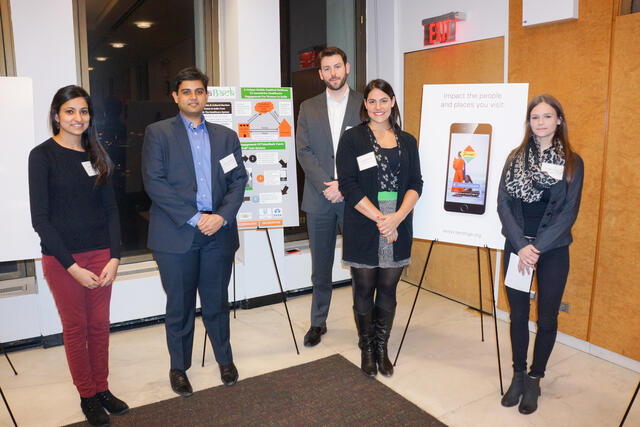
-
Image
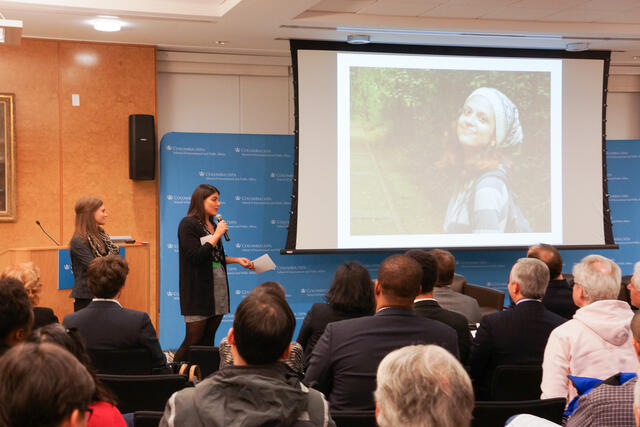
-
Image
